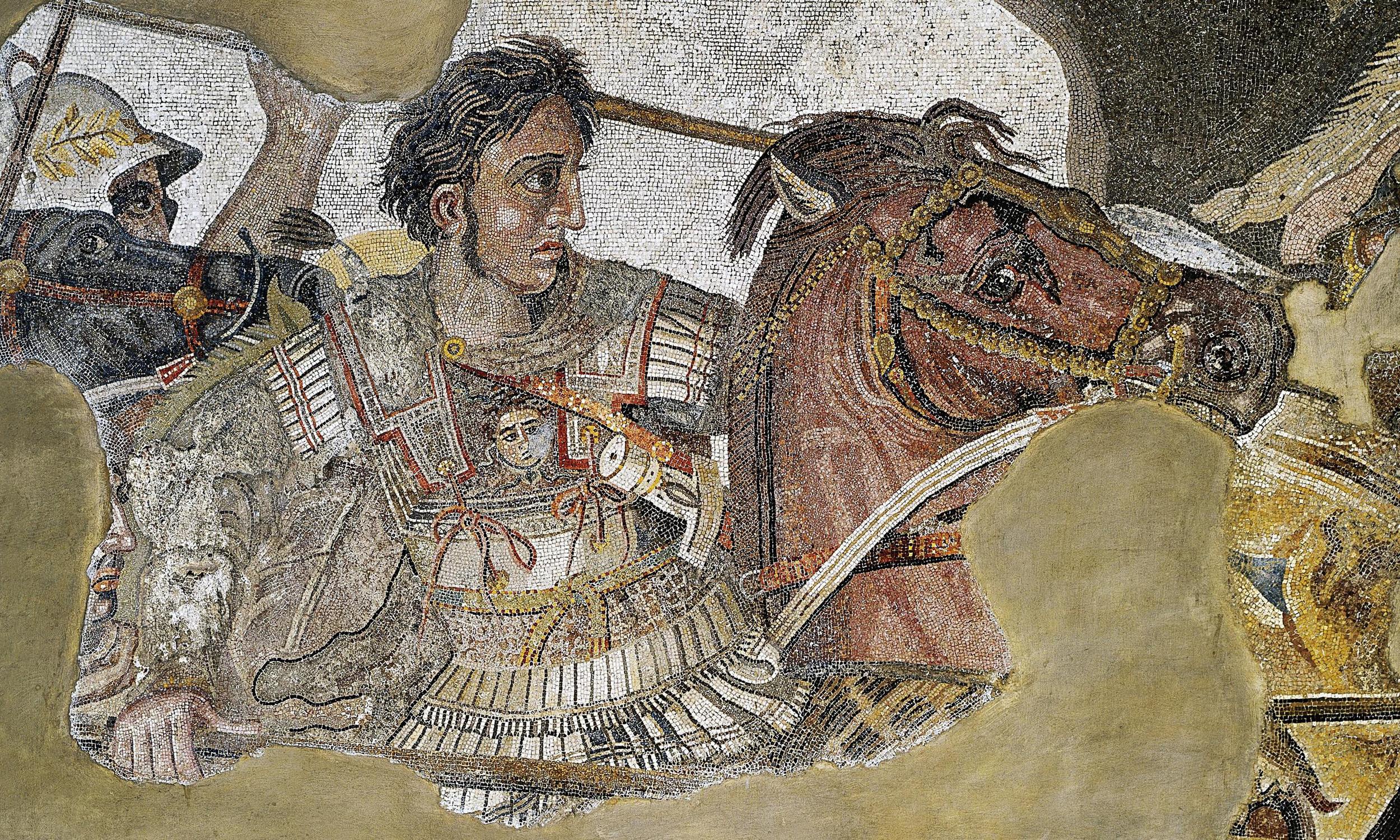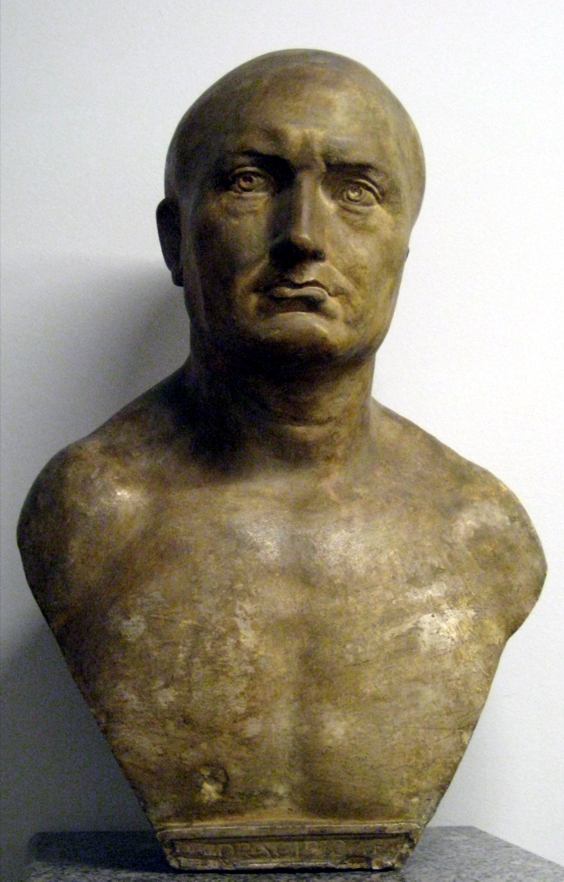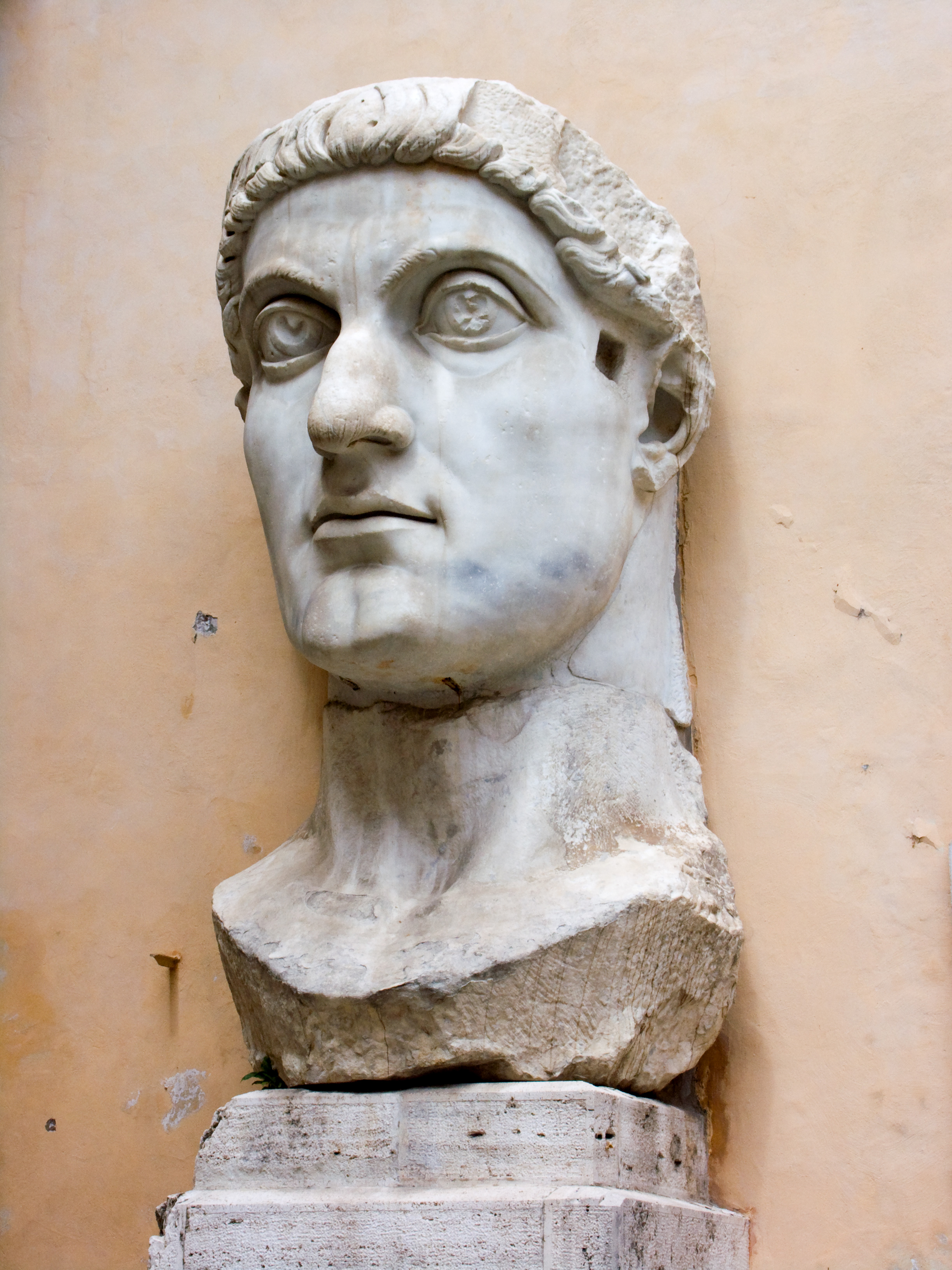What do Alexander the Great, Scipio Africanus, and Emperor Constantine all have in common? (I used this anecdote at a party recently, and it absolutely killed. Give it a try. You can thank me later.)
Scipio who? Publius Cornelius Scipio was a Roman general and statesman, and one of history’s greatest strategists. He joined the legions as a teenager and rapidly gained a reputation as a savvy commander with a sixth sense for predicting his enemy’s next move. According to some, Scipio had a direct connection to the gods.
Scipio earned the name Africanus when he vanquished the Carthaginians in northern Africa. Fifteen years prior, his arch-nemesis Hannibal had landed on Roman soil with an army of 20,000 men, plus horses and elephants, which he marched across the Alps in a race against winter to catch the Romans by surprise. The campaign that followed dealt heavy damage, but Hannibal was forced to return home when Scipio landed an army of his own in Africa.
Rather than face enemy ranks head-on, Scipio ordered his infantry into a narrow column, leaving Hannibal’s elephants with a ludicrously small frontal target. The elephants became so confused that they turned on their own lines, throwing the battle into disarray.
Alexander the Great was also a brilliant strategist. By the age of thirty he had forged one of the largest empires in the ancient world, stretching from his homeland in Greece all the way to India, and founded twenty cities bearing his name.
The strategic achievements of the Roman emperor Constantine were more administrative than military, but equally impressive. His reforms included minting a new currency to combat inflation and establishing a new capital at Constantinople, which would stand as the “new Rome” for over a thousand years.
So what do these three have in common? Sure, they were superior strategists, but so were many others. In my view another lesser-known quality sets these three apart: their beards.
Or, I should say, their lack of beards. Beards were the norm in the ancient world. These were the days before modern razors, when shaving was time consuming and painful.
So when Alexander ordered his men to shave, supposedly to prevent enemies from seizing their beards, it got people’s attention. To their hairy barbarian enemies, the Greek soldiers appeared fanatically disciplined (which was true), and to those who rode with Alexander, the fashion served as a powerful symbol that they were something special, united in common cause as conquerers “to the ends of the world and the great outer sea.”
Centuries later, when Scipio broke with fashion and began to shave daily, it infuriated Rome’s elder statesmen, who were already grumpy about the irreverent way he wore his toga. This was exactly the point, because to Scipio’s way of thinking, the Carthaginian elephants marauding with impunity throughout southern Italy were a direct result of the senate’s conservative handwringing, and Scipio needed a way to signal a break with the old and present a “fresh face” with his urgent message of change.
(The old guard drove him into bitter exile in the end, but not before he saved their necks—and not before he ushered in a period of 200 years where every Roman man who was anybody went to the barber every day for a proper shave.)
Emperor Hadrian brought back beards for a time. He felt a good beard completed the man. (Critics claimed he was embarrassed by his complexion.) Either way, the beard resurgence offered Emperor Constantine—also a bold reformer—the same opportunity as Scipio and Alexander before him. Constantine’s shaved face sent the message that a new era had dawned—a time for fresh thinking—with him at the center.
These leaders possessed great skill in the arts of war and government. But what set them apart was their understanding of people. They knew that a plan is only as effective as the people behind it. They knew that their only hope of achieving the future they envisioned was to tap the power of people. And they knew that little things can make a huge difference.
Confronted with a grand leadership problem or opportunity, you may be tempted to mount a crusade of reason, believing that sheer logic will move the masses. Sad to say, it probably won’t. Before people will change course and rally behind a cause, they do need to be told—but they also need to be shown. And the bolder your vision, the more people will need to see a sign that “this is something new”—something different and fresh.
As Alexander, Scipio, and Constantine proved, sometimes the answer is as simple as a little quality time with a razor. So ask yourself this: what would Scipio do?
BANNER PHOTO: "Shaving Essentials" by Barney Bishop is licensed under CC BY-ND 2.0.




